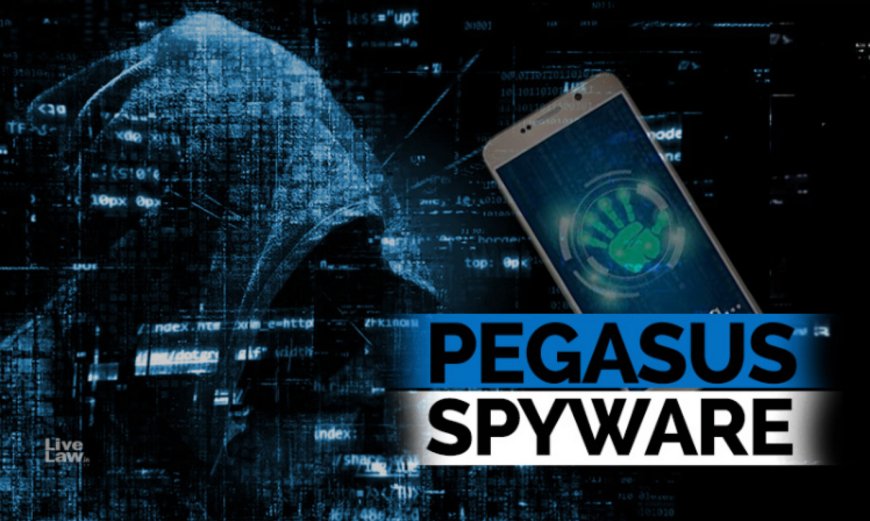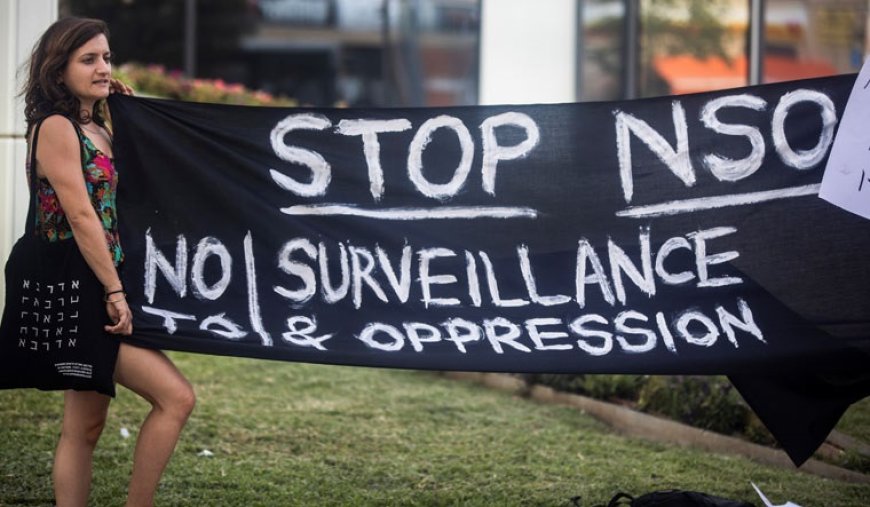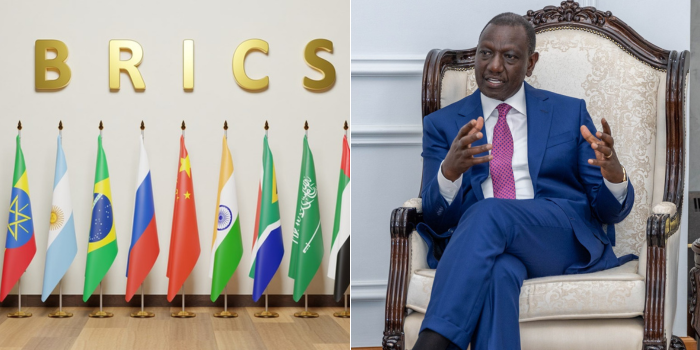Pegasus: The Spyware That Knows No Boundaries
Discover the world of Pegasus spyware, its global impact, and how to protect your privacy in this insightful article. Explore the infamous Pegasus spyware developed by Israel’s NSO Group. Learn how it infiltrates smartphones, its global reach, and the privacy implications. Get practical tips on safeguarding your data. Perfect for readers in Kenya and beyond.

Imagine this: You’re enjoying a quiet evening at home in Nairobi, scrolling through your phone, completely unaware that someone, somewhere, might be watching your every move. This isn’t the plot of a spy thriller; it’s the reality of Pegasus, the infamous spyware developed by the Israeli company NSO Group. Let’s dive into the world of Pegasus and uncover how it has turned our smartphones into surveillance devices.
The Birth of Pegasus
Pegasus was created with a noble intention: to help governments track terrorists and criminals. However, like a double-edged sword, it has been used for far more sinister purposes. Pegasus can infiltrate both iOS and Android devices without the user’s knowledge, turning them into 24-hour surveillance tools. It can access everything from text messages and emails to photos, call logs, and even the microphone and camera.

How Pegasus Works
Pegasus is a master of disguise. It uses zero-click exploits, meaning it can infect your phone without you having to click on a malicious link or download an app. Once inside, it can monitor your communications, track your location, and even record your conversations. It’s like having an invisible spy in your pocket, always listening, always watching.
The Global Impact
The reach of Pegasus is truly global. It has been used by governments around the world, not just to track criminals, but also to spy on journalists, activists, and political opponents. In 2021, it was revealed that Pegasus had been used to hack the phones of over 50,000 individuals, including heads of state, business executives, and human rights defenders. This has sparked a global outcry and raised serious questions about privacy and surveillance.
The Kenyan Context
In Kenya, the use of surveillance technology is a growing concern. While Pegasus has not been publicly linked to any specific cases in Kenya, the potential for misuse is alarming. With the increasing digitization of services and the proliferation of smartphones, the risk of surveillance and data breaches is higher than ever. It’s crucial for Kenyan citizens to be aware of these threats and advocate for stronger data protection laws.
Fighting Back
So, what can you do to protect yourself from spyware like Pegasus? Start by being vigilant about the apps you download and the links you click. Use strong, unique passwords for your accounts and enable two-factor authentication. Regularly update your phone’s software to patch any security vulnerabilities. And most importantly, stay informed about the latest threats and how to combat them.
Conclusion
Pegasus is a stark reminder of the delicate balance between security and privacy. While it was designed to protect us from threats, its misuse has shown how easily our personal information can be exploited. By understanding the risks and taking proactive steps to protect our data, we can navigate the digital world with greater confidence. After all, in the age of surveillance, knowledge is our best defense.
What's Your Reaction?






































































































